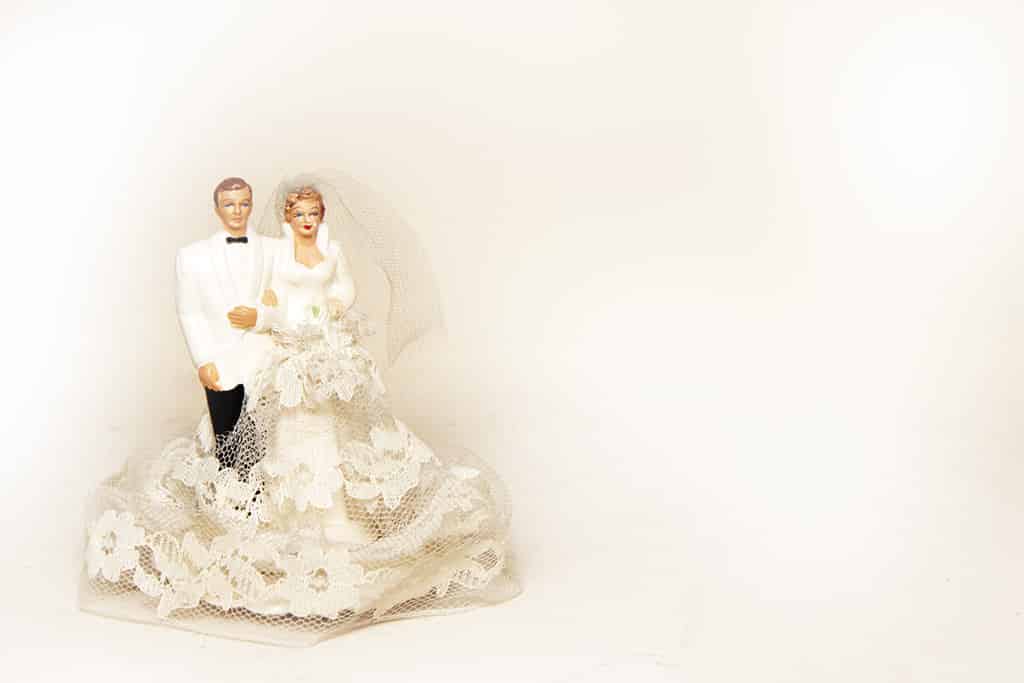
As the wedding season gets into full swing, many brides and grooms face sleepless nights as the stress of the big day sets in.
Despite being a joyous occasions, weddings are on the list for top most stressful life events.
Organising a wedding can take its toll on couples which often leads to restless nights worrying about the event. It can be a big financial strain on people combined with the anxiety of making sure everything is perfect and keeping friends and family happy.
Lack of sleep can have a detrimental effect on people’s health leaving them with bloodshot eyes, dark circles, a blotchy complexion and a lack of energy – not a great look for a wedding day.
And although make-up can help cover up some of the signs of tiredness, nothing beats a good night’s sleep, and a smile, to keep you looking your best on your big day.
The Sleep Council has some top tips on how to get a good night’s sleep for those who are about to get hitched:
Getting a good night’s kip – at least six hours – is essential. Getting stressed about the little things, it not going to plan or being too excited won’t help. Create some ‘me’ time – have a warm bath, listen to some quiet music, or do some yoga – these will all help to relax both the mind and body.
Make sure you’re comfy in bed. An uncomfortable bed can rob you of up to an hour’s sleep – and we know every blushing bride needs her beauty sleep! If you and your partner are sleeping on a small, old bed why not put a bigger one on your wedding wish list?
Switch off your phone, iPad etc and avoid using social networks. As much as people want to wish you a happy wedding day on Facebook or Twitter, or by texting/emailing, using technology before bed is proven to hinder sleep. Instead read a book, concentrate on relaxing and enjoy your last night of freedom.
As tempting as it might be, don’t end up having a second hen/stag night on wedding-eve either. Go easy on the alcohol and get an early night – remember it’s called beauty sleep for a reason!
If you’re staying in a hotel or unfamiliar environment, do your best to anticipate what sort of conditions you’ll be sleeping in ahead of time, then plan or pack accordingly. You might not be able to entirely eliminate sleep disturbances such as noise and bright lights, but being well-prepared can help you combat them (think ear plugs and eye masks). Comfort is paramount but you can’t exactly bring your bed and bedding along. You can, however, bring your pillow.
Adopt the same bedtime routine as you do at home: use the bed only for sleeping, avoid watching TV and using your phone or iPad, stay clear of caffeine and don’t exercise just before bed. And if you really can’t sleep, don’t lie there worrying about it. Get up and do something you find relaxing until you feel sleepy again – then go back to bed.
Incorporate these simple routines and you will not only enjoy the journey but the destination will be one for the books!
